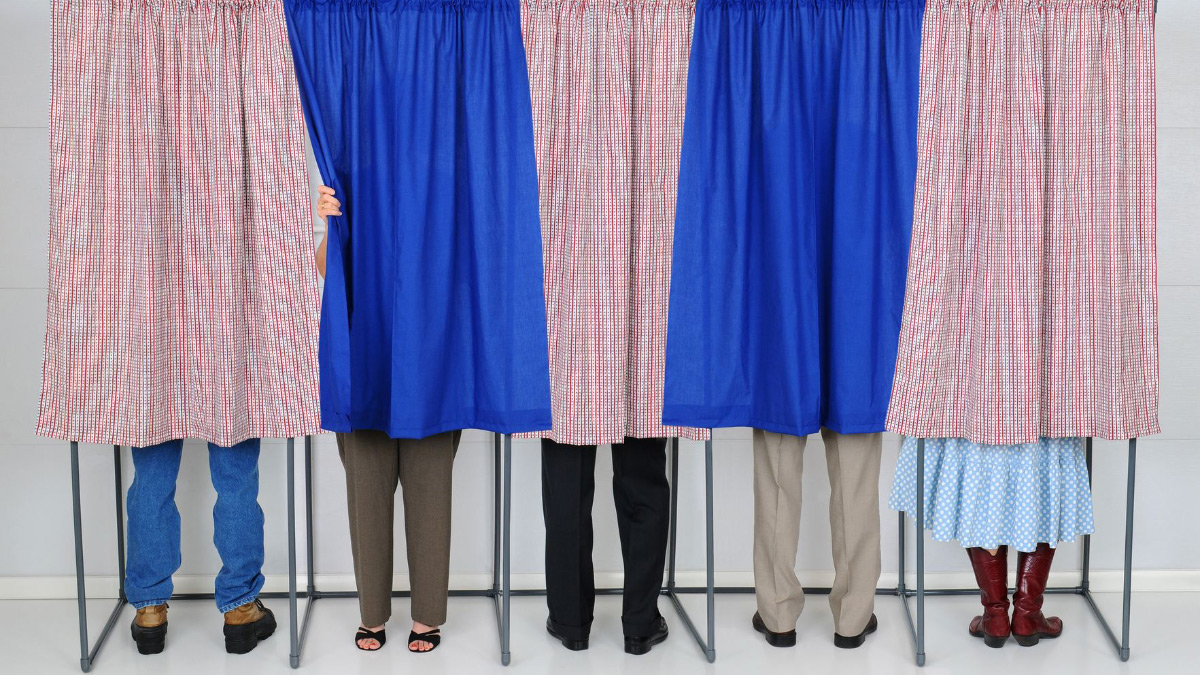As Americans approach another even-year trip to the polls, those currently running and those positioning themselves for 2020 are revealing their vast ignorance in how they would “fix” what they think are our core problems. The many free lunches (or more accurately, stolen lunches) they promise, all the way up to multi-trillion dollar utopian health care boondoggles-in-waiting, show that few know enough to pass an economics principles course, much less to advance Americans’ general welfare.
While some words passing beltway lips make sense (e.g., recognizing burdens from regulation), many fail to understand opportunity cost (e.g., free college and paid leave), comparative advantage (e.g., protectionism), that market incomes are earned by benefitting others (e.g., making “the rich” pay more), not to mention the roles of property rights and profits and the markets for labor and capital, and far more.
But why does the snake oil offered by political candidates prevail so often electorally, compared to similar nonsense where people are free to make their own decisions? Thomas Sowell, in Knowledge and Decisions, provided insights we should consider before we vote.
In market competition:
Economic knowledge need not be articulated to the consumer, but is conveyed... in the prices and qualities of goods. The consumer may have no idea at all—or even a wrong idea—as to why one product cost less and serves his purpose better; all he needs is that end result itself...better and more accurate knowledge on the part of the producer is a decisive competitive advantage, regardless of whether the consumer shares any part of the knowledge.
In political competition, however:
Knowledge is conveyed by articulation, and its accurate transmission through political competition depends upon the preexisting stock of knowledge and understanding of the receiving citizen...In political competition, accurate knowledge has no such decisive competitive advantage.
It is important that consumers need not correctly understand how something is accomplished to be well served by market competition. They need simply choose which suppliers’ goods better satisfy their preferences and situations; producers who more effectively employ understanding will tend to out-survive others. In Sowell’s words, “Where force is not involved, then...the least cost methods among them will have a decisive competitive advantage in voluntary transactions.”
In contrast, unless voters correctly understand the mechanisms involved, they cannot accurately evaluate which politicians will serve them better (dis-serve them least), and appealingly packaged economic ignorance will often prevail, as when we are told of needs, to misdirect us from the reality of incremental tradeoffs rather than solutions and the violation of others’ rights proposed to “fix” them.
In markets, “prices convey effective knowledge of inherent constraints,” where “Consumers buy results and leave the processes to those with specialized knowledge of such things.” In contrast, “there are no constraints on my voting for...[mutually inconsistent] options simultaneously desired [but] unrealizable from the outset.” Further, “no small part of the political art consists in misstating options and in trying to give them the appearance of simultaneously satisfying competing claims when they cannot be satisfied in reality.” Consequently, political competition “does not...bring to bear more accurate knowledge, as in economic competition, but promotes exaggerated hopes and fears.”
The too-common end result is that “In their political behavior, the public must judge...economic processes of which they may be ignorant or misinformed,” to the point where “every perceived problem—whatever its reality or origin—calls for political solution, and these ‘solutions’ tend to create a never-ending supply of new problems to be ‘solved.’”
Thomas Sowell recognized that “Perhaps the greatest achievement of market economies is in economizing on the amount of knowledge needed to produce a given economic result.” He also saw it as “their greatest political vulnerability,” which we see continuously acted out before our eyes.
Americans, who benefit from the vast web of voluntary market arrangements without understanding them, can be lured by siren songs of something for nothing, that, in fact, undermine those arrangements which reliably serve them.








